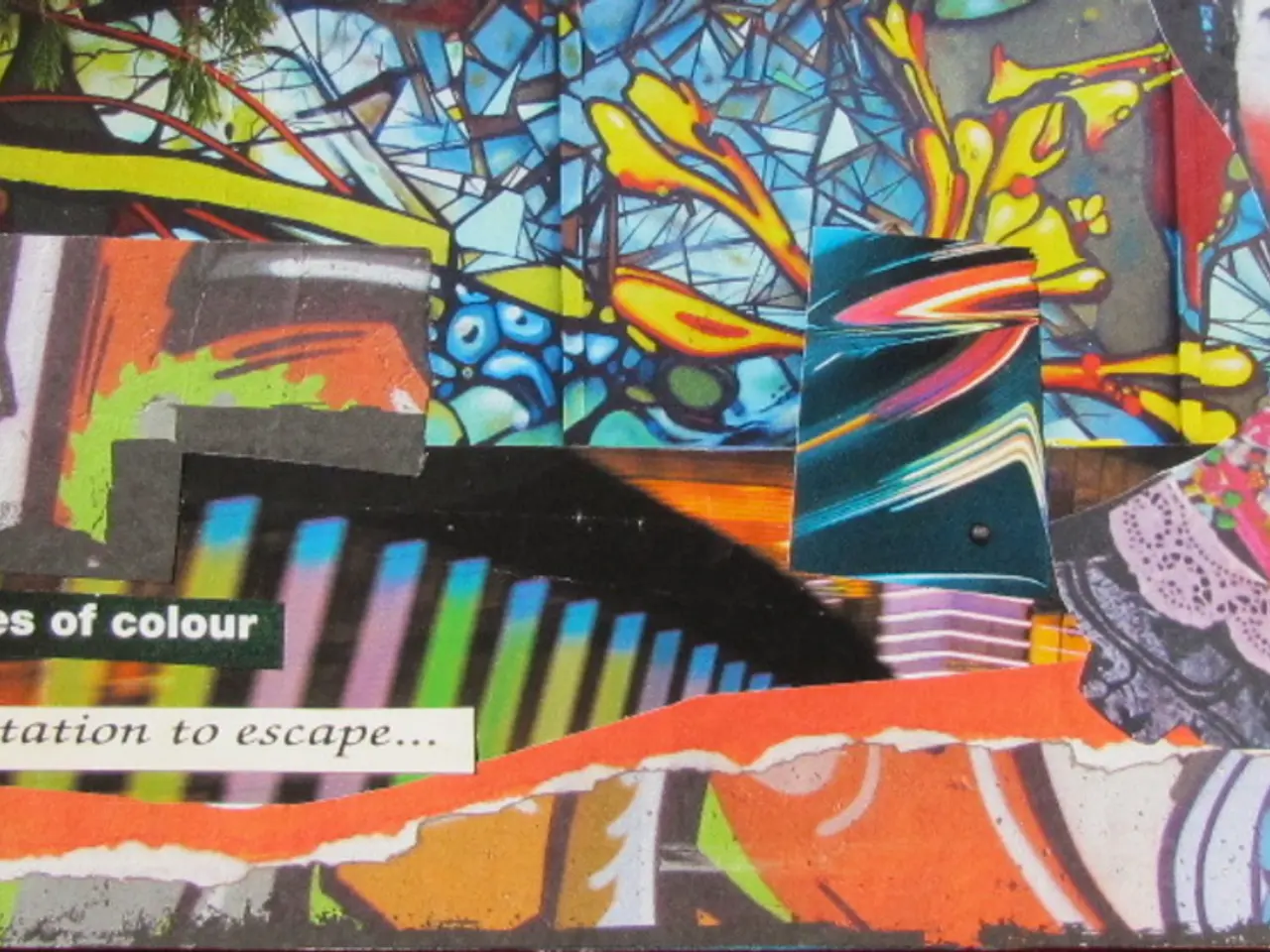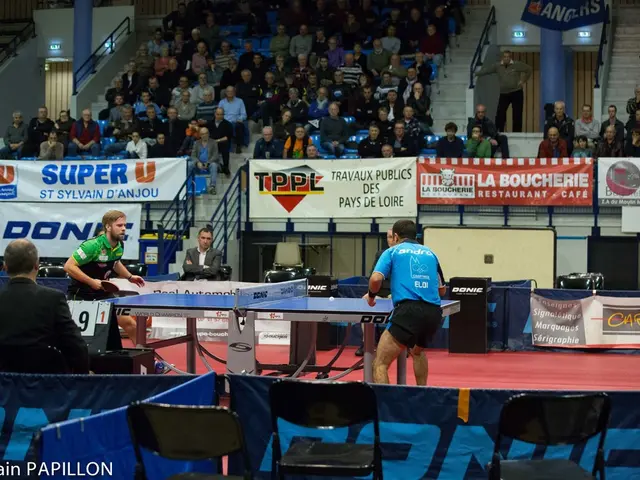Proposal for a Radiation Safety Directive for Workers' Protection has been requested from the Commission.
The Berlin Wall, a symbol of division and repression, was erected in 1961, dividing East and West Berlin for approximately 150 kilometers. This historical event serves as a stark reminder for many, including Evelyn Zupke, the SED Victims' Commissioner, who calls on people to remember the horrors of dictatorship on the anniversary of the Berlin Wall's construction.
Zupke emphasizes the importance of honoring the victims of the SED dictatorship and conveying the value of freedom to society. She believes that the Berlin Wall serves as a reminder that freedom and democracy are not taken for granted.
The Foundation for the Remembrance of the SED Dictatorship shares Zupke's sentiment. They call for more reliable teaching of DDR history in schools, aiming to foster historical awareness, critical thinking, and democratic values in young people to guard against the re-emergence of authoritarianism.
Germany has implemented several initiatives to improve the teaching of DDR history in schools. These efforts include promoting historical awareness through educational programs, exhibitions, and critical engagement with the legacy of the GDR's socialist dictatorship.
Schools and educational institutions emphasize teaching about the GDR's socialist dictatorship, including its censorship, control of culture, and challenges to personal freedoms. This is part of ensuring students understand the nature of totalitarian regimes and the historical consequences of dictatorship.
Exhibitions such as the ongoing ones in cities like Frankfurt am Main contribute to public and educational discourse, helping students and citizens connect historical memory with democratic values. The concept of "phantom borders," which refers to the lasting cultural and political divides between East and West Germany after reunification, is increasingly reflected upon in education. Addressing these divides helps combat the rise of totalitarian tendencies reflected in regional political radicalism, particularly in former East Germany.
Educational scholarship acknowledges the GDR’s complex social policies and how socialist education aimed at social mobility. Educators now critically revisit these policies to foster an accurate understanding of history rather than ideological legacy.
Cultural State Minister Wolfram Weimer urges keeping the memory of the injustice in the DDR alive. Memorial sites, funded by Weimer's ministry, are considered important for preserving the memory of injustice and strengthening society's resistance against totalitarian tendencies.
However, surveys show that many younger people cannot immediately associate key dates like August 13, 1961, with the construction of the Berlin Wall. This highlights the need for continued efforts to ensure that the history of the Berlin Wall and the GDR is not forgotten.
According to Kaminsky, while basic data and facts about the DDR are taught in upper grades, the intensity of the topic depends on the engagement and training of the teaching staff. He explains that important stories connected with events like the June 1953 uprising or the construction of the Berlin Wall are not being remembered and told, potentially leading to a loss of dictatorship memory.
Hundreds of thousands of people had fled from the German Democratic Republic to the West since the end of World War II. After the construction of the Berlin Wall in 1961, about 140 people died attempting to escape, according to official figures.
These initiatives, while not encompassing a single central reform, form the basis of Germany’s broad approach to improving DDR history teaching and combating totalitarian tendencies. By remembering the past, Germany aims to safeguard its future.
Read also:
- Court petitions to reverse established decision on same-sex marriage legalization
- Independence supporters in New Caledonia refuse agreement offering authority without a vote on sovereignty
- Proposed Standardization of Food Labeling Laws Among Member States by the Commission
- Experimenting with Merz's Germany has stretched into an extended period of time, resembling a numerous three-month duration.








